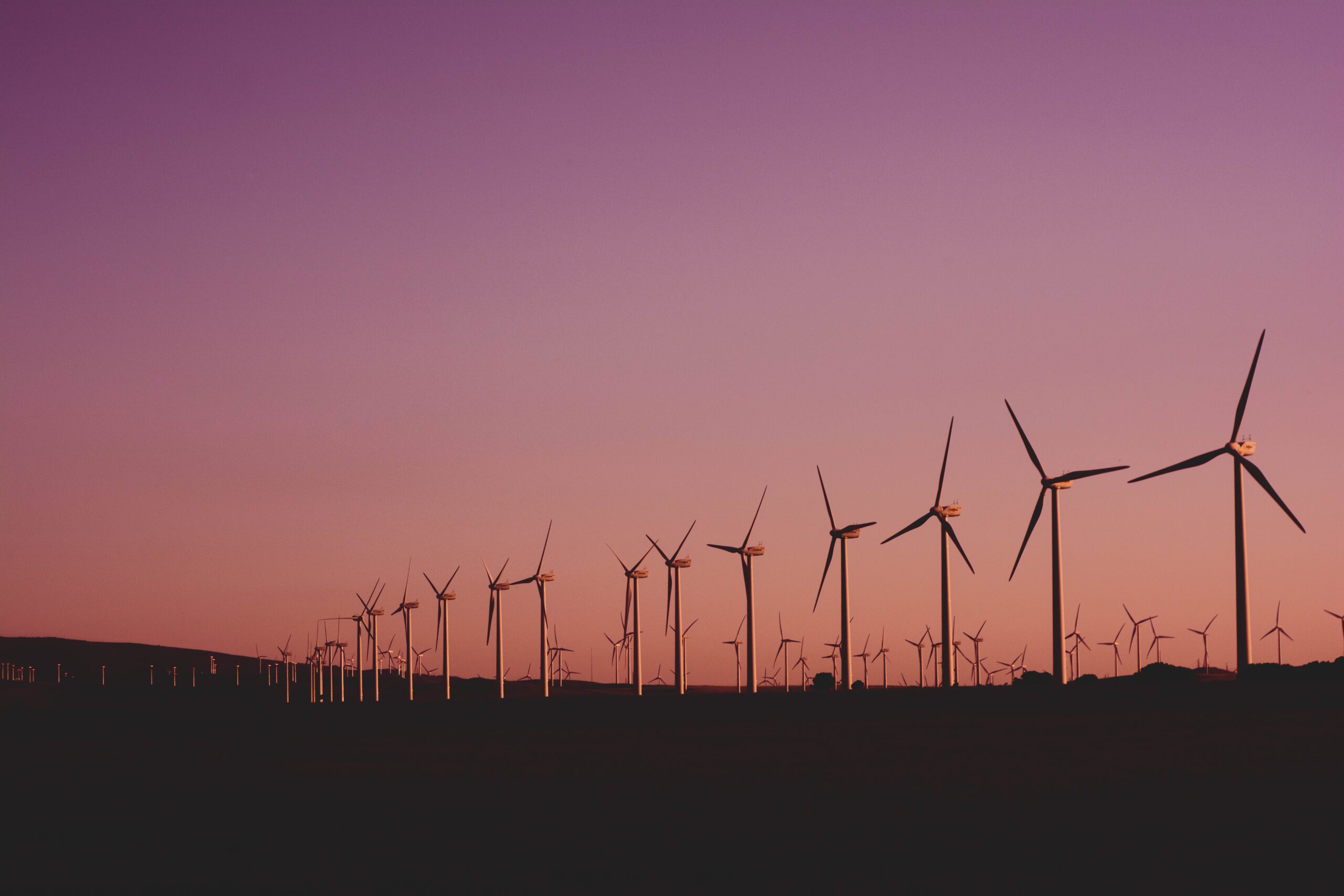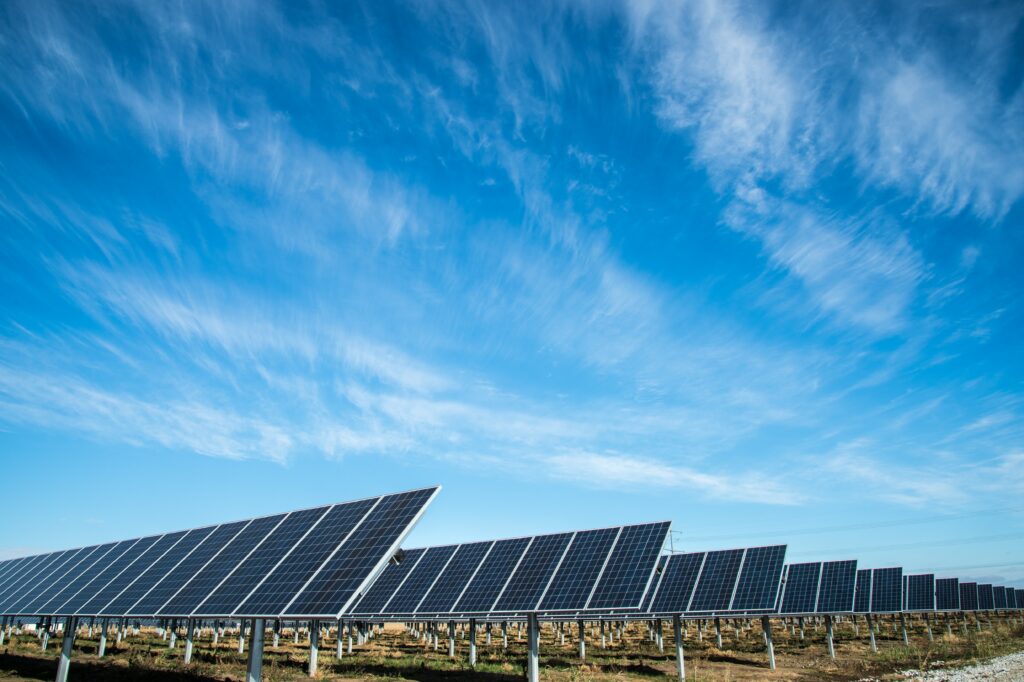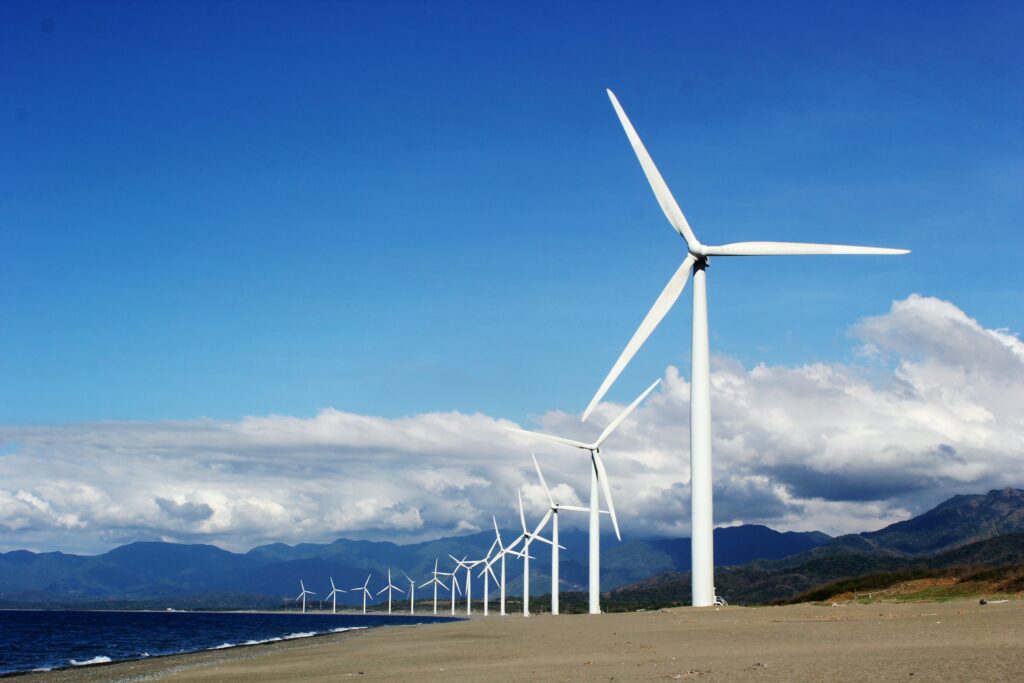Energy transition: why is this change necessary?
Energy transition refers to the process of phasing out of fossil fuels in energy production in favor of renewable energy sources.
Energy transition refers to the process of phasing out of fossil fuels in energy production in favor of renewable energy sources.

To face the climate impacts that are unfolding all over the world, we must urgently set a course with the energy transition top of mind.
Energy transition refers to a change from non-renewable to renewable energy. That is, to wind down energy from fossil fuels, and ramp up renewable sources. The energy transition is also about more efficient energy use. This is a key factor in mitigating global warming, one of the most serious effects of climate change.
The energy transition will require us to use natural resources in a different way, prompting changes in the economy and society. Thus, it is important that the energy transition takes into account issues of fairness and equity in order to avoid falling into the extractivism promoted by fossil fuels.
Benefits of the energy transition
An energy transition process is extremely beneficial for the planet in general, but also for those economies that carry out these projects.
From an environmental point of view, the goal of shifting the largest percentage of energy sources to renewable resources such as air, sun and water means a large decrease in the exploration of non-renewable resources such as coal, gas and oil. That means that the pollution generated by such extraction processes – which prompts extreme climate events and worsens our health – will also reduce.
In other words, a region that invests in the energy transition – whether in producing and generating renewable energy, or in the processing of necessary parts and elements for these energy sources – moves directly away from highly polluting industries.

Créditos: American-Public-Power-Association
Economic impact of the energy transition
A national or regional energy transition project also generates positive results for the economic, social and cultural development of developing regions. According to the Economic Commission for Latin America and Caribbean (CEPAL in Spanish), “clean and affordable energy can reduce social gaps (16.7 million people lack access to electricity in Latin America and the Caribbean) and be a catalyst for growth in the productive sectors”.
It is also known that the volatility of fossil fuel prices affects transportation , food, and many other areas that have a direct impact on the pockets of less developed economies. Therefore, an energy transition scenario means a series of opportunities for the region’s economic progress.
The role of Latin America and the Caribbean in the energy transition
The key to the region’s opportunity in this matter is directly related to the abundance of natural resources in its territories, and the capacity to generate a renewable energy supply capable of meeting energy demand.
According to Renewables in Latin America and the Caribbean (RELAC), “by 2030 at least 70% of energy consumption in Latin America and the Caribbean should be based on renewable energy”. This initiative brings together 15 member countries that aim to accelerate carbon neutrality, also known as “zero carbon emissions”, of energy production in the Latin American region.
This energy transition would lead to improved climate resilience to the adverse effects of climate change; increase productive competitiveness with international markets; and promote the sustainability of the energy sector by generating a large number of jobs.
The evolution of renewable energy in the region shows an accelerated growth not only in the generation of this type of energy, but also in the capacity to generate it. This is due to a change in the use of energy resources, as is the emblematic case of Uruguay and the process that Argentina and Colombia are gradually moving forward with.
According to ECLAC, Latin America and the Caribbean have the most important resources needed to make way for an energy transition: lithium, copper, wind energy and solar energy. At the same time, it is the region responsible for the lowest percentage of carbon emissions, a factor that is central to putting the opportunity to lead a change in the ways of producing and consuming energy on center stage.

qué estudiar para trabajar en las energías renovables
Situation of countries in Latin America and the Caribbean
According to the World Forum’s Energy Transition Index 2021, “Uruguay (70%), Costa Rica (66%), Colombia (66%), Brazil (66%) and Chile (65%) are leaders in energy transition in Latin America”.
According to this data, we can affirm that on average, a large part of the Latin American region is close to the goal of 70% of renewable energies in the installed capacity – that is, the full technical load – of electricity generation.
However, this report also highlights that although Latin America has good infrastructure and installed capacity in renewable energies, it must improve its institutional strength and governance in pursuit of an efficient use of the energy produced.
Paraguay and Guatemala stand out as pioneers in hydroelectric generation, reaching a 100% share of renewables in their electricity generation matrix. In wind energy, Chile and Colombia lead the way.
The pace of progress towards energy transition in each country is different, not only because of their natural resources, but also because of each country’s economic dependence on fossil fuel production. Countries with little dependence are El Salvador, Honduras, Nicaragua, Costa Rica, Panama, Paraguay and Uruguay.
Finally, the great challenges proposed by this transition for the region are the terms under which it will be carried out and who will benefit. Because if it is carried out in an extractivist and unjust way, without taking into account the communities living within the territories, we will be repeating the history of fossil fuels.
Otras publicaciones recientes
Descubren una innovadora forma natural de proteger los cultivos en la Caatinga brasileña
Un grupo de investigadores está desarrollando un recubrimiento comestible a base de mucílago de palma para proteger los cultivos en la Caatinga brasileña.
Resiliencia alimentaria: la historia de un proyecto educativo en las escuelas colombianas
Como Con Eco es un proyecto que tiene como objetivo concientizar sobre la resiliencia alimentaria en escuelas y universidades colombianas.





